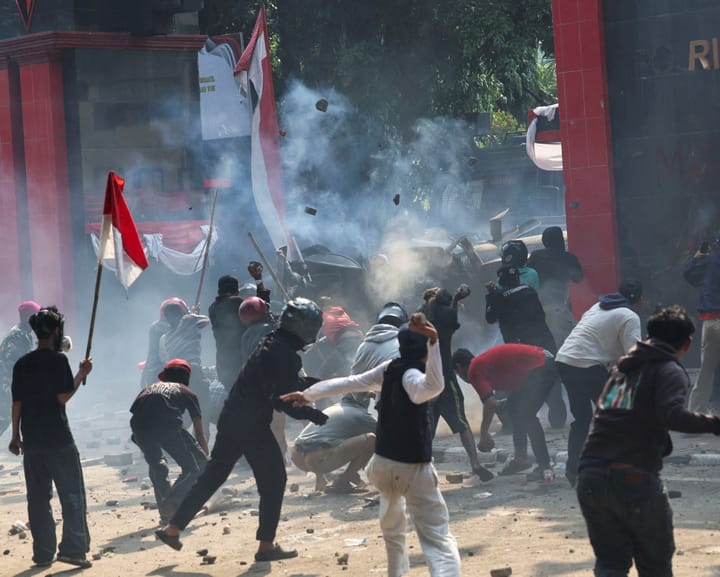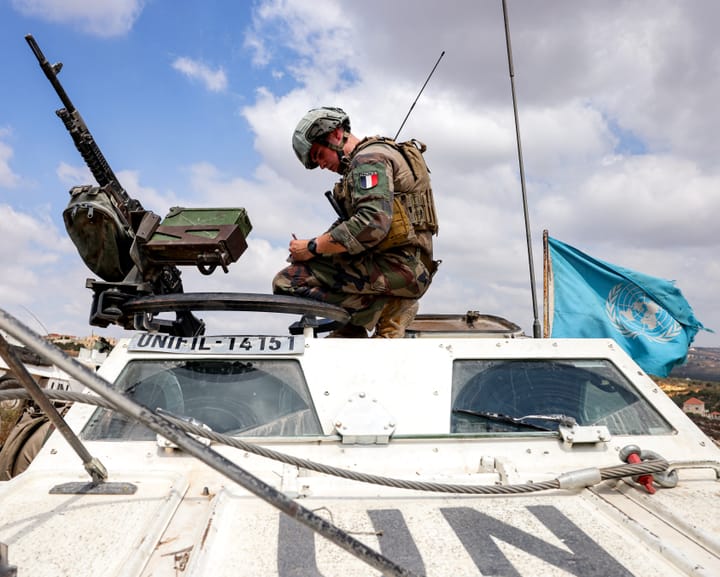On the morning of Friday, 13 June, hours after Israel launched missiles toward Tehran, one of Donald Trump’s first calls was to the emir of Qatar. Trump hoped Sheikh Tamim could encourage Iran’s president, Masoud Pezeshkian, to pursue a diplomatic resolution. Pezeshkian declined, stating that Iran was open to dialogue but would not engage while under attack.
In the following days, as tensions escalated—later referred to as the "12-day war"—Qatari officials maintained steady communication with both Trump and Iranian leadership. “We were occupied,” a senior Qatari diplomat noted, downplaying the intensity of their efforts. The stakes were high for the region, but for Qatar, the diplomat added, they were “existential.” The country’s vast wealth stems largely from its shared offshore gas field with Iran, with which it maintains cordial ties. Yet Qatar is also a key partner of the U.S., hosting its largest military base in the area. Should the U.S. enter the conflict, Qatar would be at risk.
Officials immediately sought, as the diplomat described, “ways to reduce tensions.” But on 22 June, the U.S. targeted three Iranian nuclear sites, heightening fears in Doha. However, within two days, the confrontation ended—with Qatar playing a decisive role.
On 23 June, Iran launched missiles toward Qatar, aiming for al-Udeid airbase, home to 10,000 U.S. troops. It marked the first military strike on Qatar in modern times. “I can’t believe this is Qatar,” a distressed resident remarked in a video shared with CuriosityNews, capturing missiles soaring over her garden in Doha.
Though civilians were unaware, the strike had been carefully coordinated among Iran, the U.S., and Qatar. Tehran had notified Washington beforehand, and the U.S. alerted Qatari officials, who closed their airspace. Fourteen missiles were launched; all but one were intercepted (the last struck al-Udeid without casualties). Qatar denounced the attack but refrained from retaliation. By permitting a controlled strike on U.S. assets, Qatar “absorbed the blow to enable de-escalation,” said Kristian Coates Ulrichsen from Rice University’s Baker Institute.
After the strike, Trump urged Qatar’s emir to mediate. He shared that Israel had accepted a U.S. ceasefire proposal and sought Qatari assistance in securing Iran’s agreement. By 24 June, Qatar’s prime minister, Sheikh Mohammed bin Abdulrahman al-Thani, secured Iran’s commitment to end hostilities. Qatar had averted further conflict—an “unsettling” experience, the diplomat admitted, though crucial in restoring stability.
Read next

"UN rights officials call for leadership to label Israel's Gaza offensive as genocide"
Hundreds of UN Human Rights Staff Urge Leadership to Label Gaza Offensive as Genocide
A significant number of employees from the United Nations’ primary human rights body have endorsed an internal letter urging their leaders to recognize Israel’s military campaign in Gaza as genocide and to push member states

"Demonstrations break out in Indonesia after police car fatally strikes man"
Hundreds of Indonesians have gathered at locations across Jakarta to demonstrate following the death of a man struck by a law enforcement vehicle, marking the first major challenge for Prabowo Subianto’s administration, which took office nearly a year ago.
The victim, a motorcycle ride-hailing driver, was hit during clashes

"UN to halt Lebanon peacekeeping mission next year amid US, Israeli pressure"
The UN Security Council has extended the peacekeeping mission in Lebanon for another 16 months, though it will conclude by the end of 2026 following pressure from Israel and the US.
Council members unanimously approved the decision on Thursday to renew the mandate of the UN Interim Force in Lebanon

